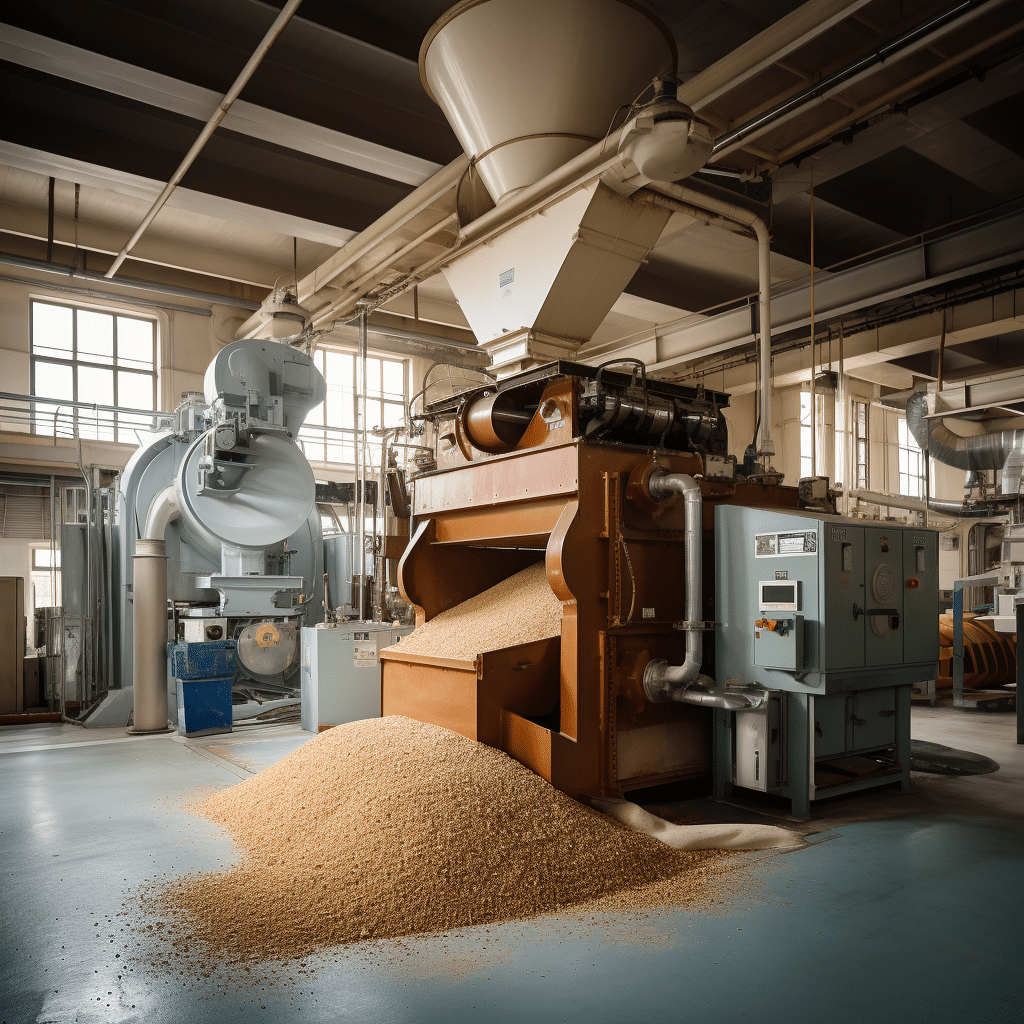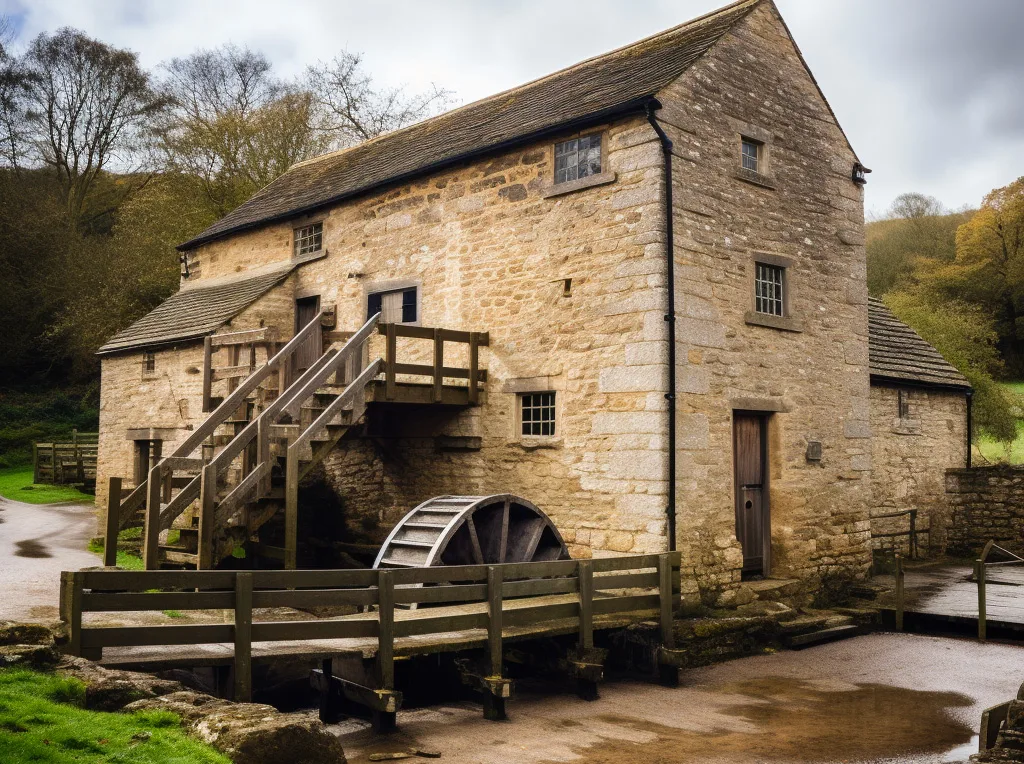Roller Milling vs Stone Milling
Roller milled and stone milled flours are both made from wheat grains, but they differ in the way they are milled. We take a look into how and why.
Roller milling is a modern method that uses steel rollers to crush the wheat grains into a fine powder. Stone milling is a traditional method that uses two heavy stones to grind the wheat grains.
Here is a summary of the key differences between roller milled and stone milled flours:
| Characteristic | Roller milled flour | Stone ground flour |
| Milling process | Uses steel rollers to crush the wheat grains into a fine powder. | Uses two heavy stones to grind the wheat grains. |
| Texture | Finer and more uniform. | Coarse and less uniform. |
| Flavour | Milder flavour. | Nuttier and more complex flavour. |
| Nutrition | Retains some nutrients, but not as many as stone-ground flour. |
Retains more nutrients, including fiber, vitamins, and minerals.
|
| Shelf life | Longer shelf life. | Shorter shelf life. |
| Cost | Less expensive. | More expensive. |
Why Use Roller Milling?
Roller milling is used to mill flour for a number of reasons:
- Efficiency: Roller milling is a very efficient way to mill flour. It can produce large amounts of flour fast and with minimal waste.
- Consistency: Roller milling creates flour with a very consistent texture and quality. This is important for commercial bakers who need to be able to produce bakes with consistent results.
- Versatility: Roller milled flour can be used to produce a wide variety of flour types, from all-purpose flour, patisserie, bread flour to cake flour. This makes it a versatile ingredient for home cooks and bakers alike.
- Cost: Roller milling is an inexpensive way to mill flour. This makes roller milled flour affordable for consumers and food manufacturers alike.

In addition to these general advantages, roller milling also offers some specific advantages over other milling methods, such as stone milling. For example, roller milling produces less heat than stone milling, which helps to preserve the nutritional value of the flour. Roller milling also produces finer and more uniform flour than stone milling, which is important for some flours like T55 or patisserie flour.
Why Use Stoneground Milling?
Stoneground flour, vs conventional milling, is often used for a number of reasons that include:
- Better nutrients: Stoneground flour is milled using a pair of mill stones. The stones grind the whole grain slowly at a cool temperature. This gentle process helps retain the grain’s nutrients, including vitamins, minerals, and fibre.
- Flavour and aroma: Stoneground flour retains the natural oils of the grain, which results in a richer and more complex taste compared to flour made from high-speed steel roller mills.
- Texture: Stoneground flour usually has a coarse texture, which can enhance the texture and overall quality of baked goods, such as bread and pastries.
- Low input processing: Stone milling doesn’t involve the use of additives or preservatives, making it a more natural and less processed option for those who prefer unprocessed foods.
- Reduced oxidation: The slower milling process reduces the exposure of milled flour to oxygen. This helps to extend shelf life without the need for additives.
- Digestibility: Some individuals find that stoneground flour is easier to digest, due to the gentler milling process and higher nutrient content.
Which type of flour is better?
Both roller milled and stone ground flours have their own advantages and disadvantages. Roller-milled flour is less expensive and has a longer shelf life, but it is also less nutritious. Stone ground flour is more expensive and has a shorter shelf life, but it is also more nutritious and has a more complex flavour.
Ultimately, the best type of flour for you depends on your individual needs and preferences. If you are looking for a flour that is affordable and has a long shelf life, roller-milled flour is a good option. If you are looking for a flour that is nutritious and has a complex flavour, stone-ground flour is a good option.

